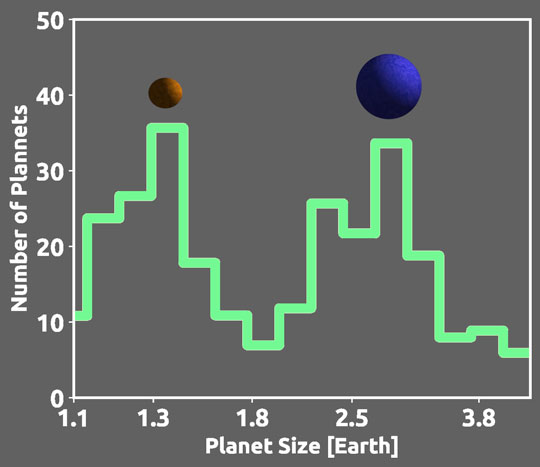CLEVER Planets: Cycles of Life-Essential Volatile Elements in Rocky Planets
About Us
We are an interdisciplinary, multi-institutional group of scientists, led by Rajdeep Dasgupta of Rice University, Houston, TX, working to unravel the conditions of planetary habitability in the Solar System and other exoplanetary systems. The overarching theme of our research is to investigate the origin and cycles of life-essential elements (carbon, oxygen, hydrogen, nitrogen, sulfur, and phosphorus – COHNSP) in young rocky planets. Based on our understanding of our own solar system and habitable planet Earth, we plan to identify where habitable niches are most likely to occur, which planets are most likely to be habitable and when in their evolutionary history such conditions of habitability are most likely. We are supported by NASA and are one of teams in the Nexus of Exoplanetary Systems Science (NExSS) research network
Early planetary migration can explain missing planets
Earth isn’t ‘super’ because the sun had rings before planets
Orbital structure places an upper limit on late accretion of TRAPPIST-1 planets
Earth and Planetary Science Letters:
Nitrogen and carbon fractionation in planetary magma oceans and origin of the superchondritic C/N ratio in the bulk silicate Earth
Earth and Planetary Science Letters:
Carbon budget of Earth’s deep mantle constrained by petrogenesis of silica-poor ocean island basalts
Monthly Notices of the Royal Astronomical Society:
Constellations of co-orbital planets: horseshoe dynamics, long-term stability, transit timing variations, and potential as SETI beacons









